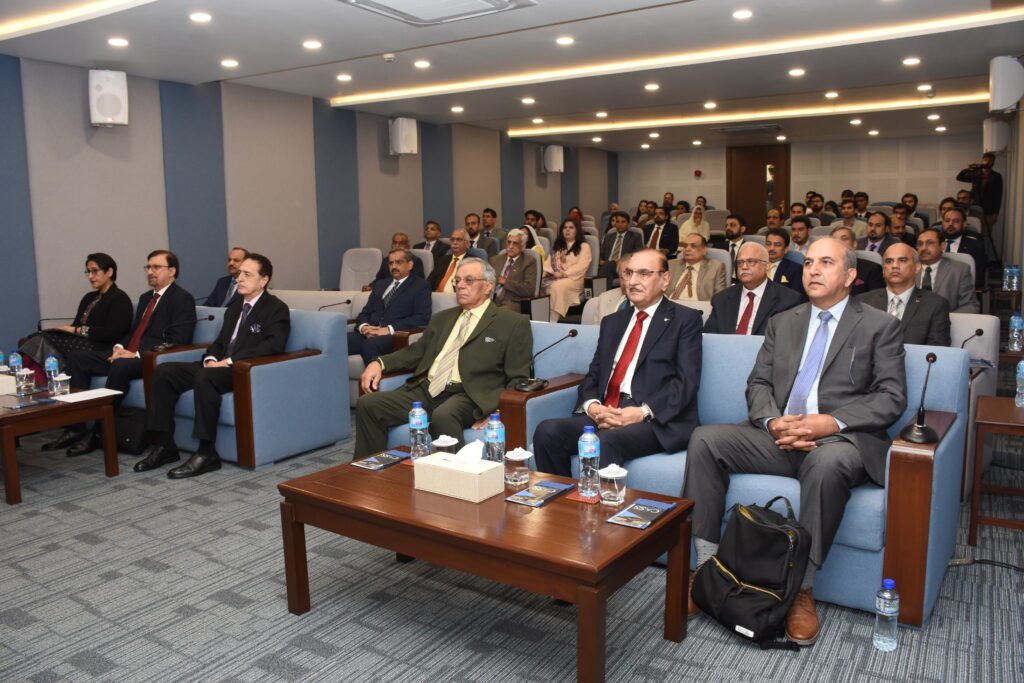
Seminar
India’s Emerging Global Significance: Reshaping Regional Dynamics and Strategic Equilibrium
About The Event
Transformative changes in the global geo-political landscape are reshaping the way states interact on the international stage. The shift in the global polarity system has ushered in an era where nations are carving out distinctive positions as leaders within their specific spheres, and are motivated by dynamic alliances, multilateral groupings, military advancements, and strategic recalibrations.
Central to this transformative narrative is India, a nation that has swiftly emerged as a significant player, transcending the confines of the South Asian region. The global landscape is witnessing an aspiring India as a multifaceted phenomenon, encompassing strategic expertise, economic vitality, and diplomatic prowess. India’s active participation in influential international forums reflects its proactive approach to global collaboration. These engagements have positioned India as a significant player in shaping international policies, fostering partnerships, and advocating for global issues.
However, beneath the surface of this global collaboration, lie deep-rooted concerns. India’s advancements in military technologies, including hypersonic missiles, artificial intelligence, aerospace developments, cyber warfare, etc. are causes for concern not only in the South Asian region but also in the world at large. These technological leaps are blurring the lines between conventional and nuclear warfare, raising questions about the intent and implications of India’s military modernisation endeavours.
India’s regional and global aspirations, intricately woven into its military strategies, further complicate the regional security landscape. At the heart of India’s strategic calculus lies the perceived Chinese threat, which significantly shapes its defence doctrines and geopolitical manoeuvring. The delicate balance between regional dominance and global influence underscores India’s policies, influencing its behaviour with the neighbouring states. Understanding the nuances of India’s assertiveness requires a deep dive into its military postures, technological advancements, and diplomatic initiatives.
As India expands its influence and redefines its strategic priorities, neighbouring nations, particularly Pakistan, face the daunting task of adapting to this new reality. The interplay of regional dynamics, military postures, and diplomatic schemes requires a careful analysis to anticipate potential scenarios and formulate effective responses. South Asia, a region historically marred by tensions, is now navigating uncharted waters where strategic recalibrations and informed policy decisions are imperative. Balancing the pursuit of national interests with regional stability poses a formidable challenge.
Pakistan’s leadership must grapple with the urgent need to recalibrate its strategic policies in response to India’s assertive posturing. This includes not only enhancing military capabilities but also formulating nuanced diplomatic strategies to safeguard regional stability and national security interests.
Keeping these considerations in view, the seminar titled, “India’s Emerging Global Significance: Reshaping Regional Dynamics and Strategic Equilibrium” delved deeply into the complexities of this conundrum. The overarching objective was to gain strategic insights through interaction with experts in the field and to chart a set of actionable strategies as well as a tangible roadmap for Pakistan.
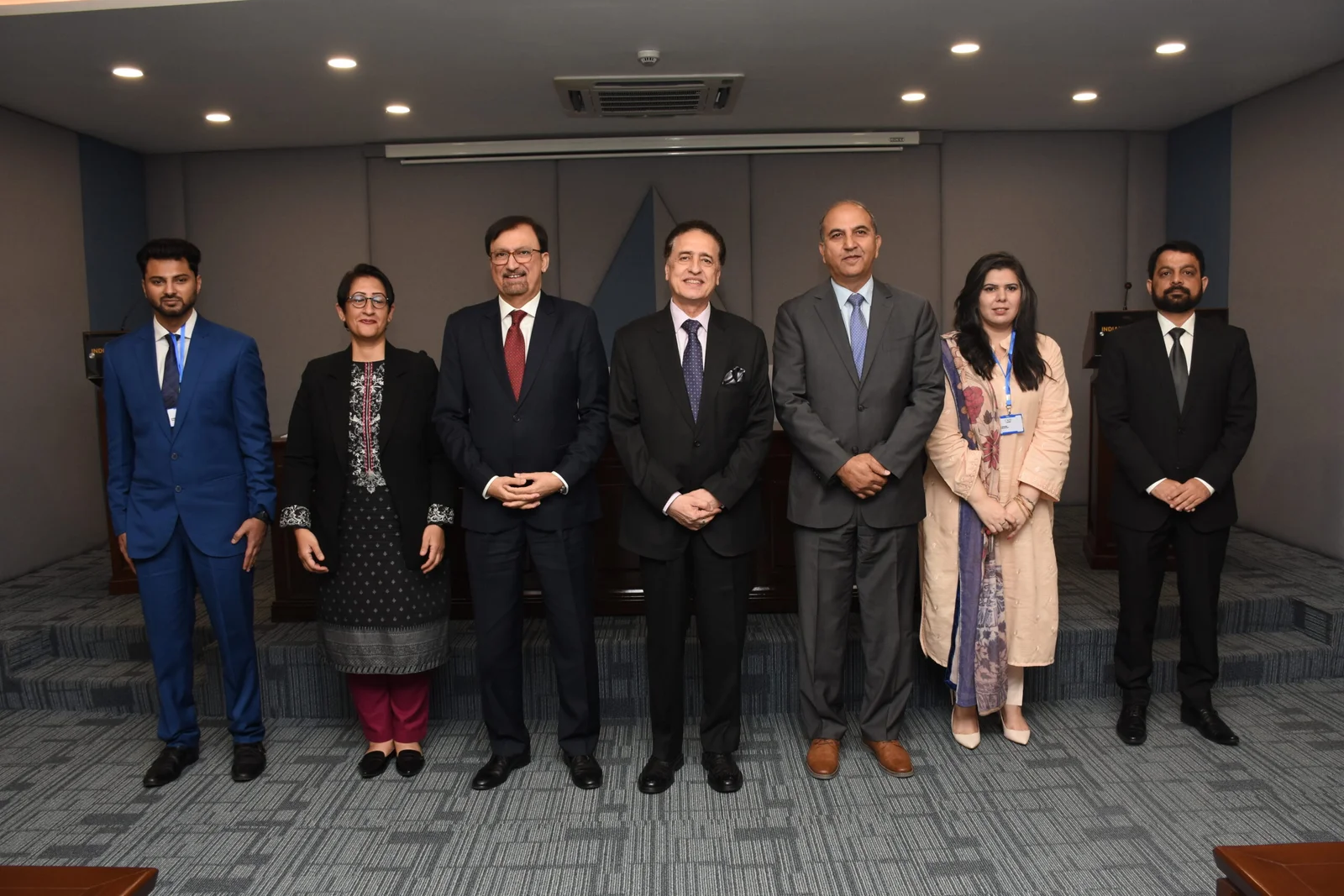
Key Takeaways
- Global Dynamics
The global transition from unipolarity to multipolarity emphasises the importance of both hard and soft power as states navigate through this changing landscape.
- Reshaping of Narratives
India is asserting its global influence by reshaping narratives, transforming South Asian politics, and countering perceived threats through strategic partnerships and multilateral engagements.
- Indian Belligerence to Reshape the Region
India is keen on developing sophisticated military technologies with the aim of becoming a regional policeman. Indian belligerence, augmented by partnerships with extra-regional powers, is reshaping the South Asian strategic dynamics in new and unforeseen ways.
- India as a Counterweight to China
In a bid to enhance its global standing, India is strategically positioning itself as a reliable US ally to address challenges within the Asia-Pacific region, particularly to counter China’s growing global influence.
- Framing Narrative on Pakistan
India has framed the narrative on cross-border terrorism by placing the blame firmly on Pakistan, often accusing the latter of hindering India’s peaceful global rise. These claims, although rarely supported by evidence, still have a profound influence on global perceptions regarding Pakistan.
- Navigating Complex Security Landscapes
Persistent non-traditional threats and global conflicts add complexity to Pakistan’s national security, demanding strategic responses and resilience-building efforts in the face of these challenges.
- Pursuit of Domestic and Regional Stability
Pakistan is striving for stability within its borders and the region by exploring geo-economic opportunities, despite challenges like political instability and economic downturn.
- Geo-Economics Integral to Geo-Politics
Geo-economics cannot be separated from geopolitics. This accentuates the need for economic stability through structural reforms, aligning national goals with long-term security needs, and fostering stable regional relationships.
Policy Considerations
- Crafting a Positive National Image
There is a need to craft a unified and optimistic narrative, which highlights Pakistan’s strengths, achievements and contributions. This will project a more positive image of the country on the global stage.
- Forging Interest-Based Regional Alliances
New interest-based collaborations may be forged, particularly with neighbouring nations, moving away from traditional multilateral alliances, and reviving regional organisations like RCD, emphasising economic partnerships to jointly address common challenges.
- Harnessing Emerging Technologies
Collaboration between the defence and civilian sectors for innovation in emerging technologies is the need of the hour to yield strategic advantages and drive economic growth.
- Developing a Compelling Counter-Narrative
Pakistan may formulate a strategic plan to counter prevailing Indian narratives against it, ensuring receptivity for its perspective on India’s rise. Besides, capabilities may be strengthened while anchoring them within a compelling narrative, emphasising depth, authenticity, and consistency to enhance global understanding.
- Prioritising Multidimensional Diplomacy
The focus may be shifted from terrorism to regional security in Pakistan’s external relations, emphasising dialogue, cooperation, and conflict resolution. Prioritising peace, diplomacy, and collaboration with international partners for a stable region is important as well.
- Invest in Academia
Scholars and academicians may be provided with access to credible information and reliable sources to encourage rigorous research and scholarly dialogue, fostering an informed global understanding of Pakistan’s position on international issues.
- Political Stability and Governance
Good governance, rule of law, and institutional building are the key sectors that merit investment to ensure political stability. Policy continuity across political parties can help maintain a consistent and stable political environment.
- Economic Stability and Structural Reforms
Pakistan may implement structural reforms for economic stability, focusing on economic diversification, investment in human capital, and endorsement of sustainable development initiatives for a resilient and stable economy.
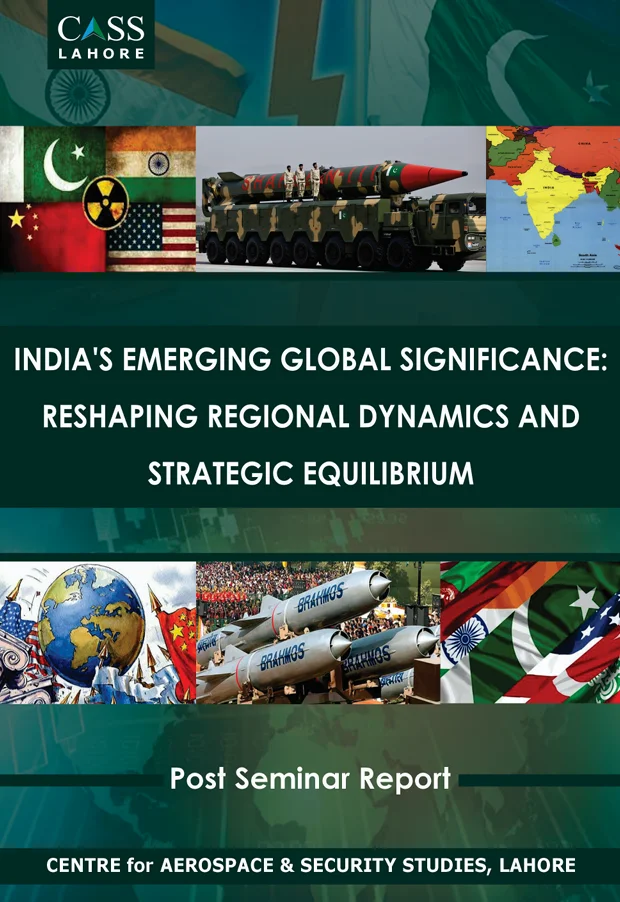
Post Event Report
A comprehensive report capturing expert analyses, strategic insights, key recommendations, media coverage, and event highlights.
Guest Speakers
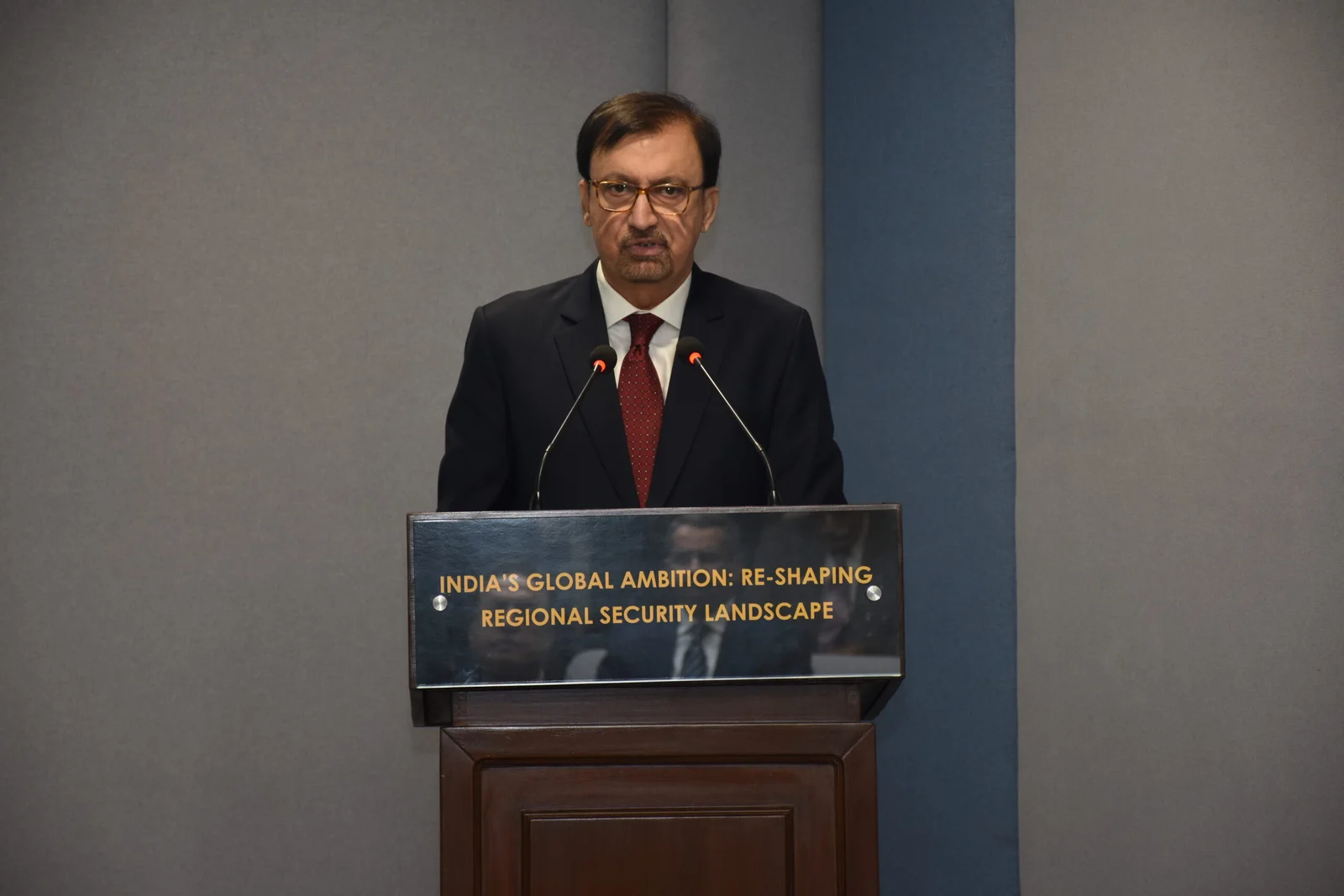
Air Cdre Khalid Banuri (Retd)
Former DG ACDA, SPD
Dr Rabia Akhtar
Dean Faculty of Social Sciences, UOL
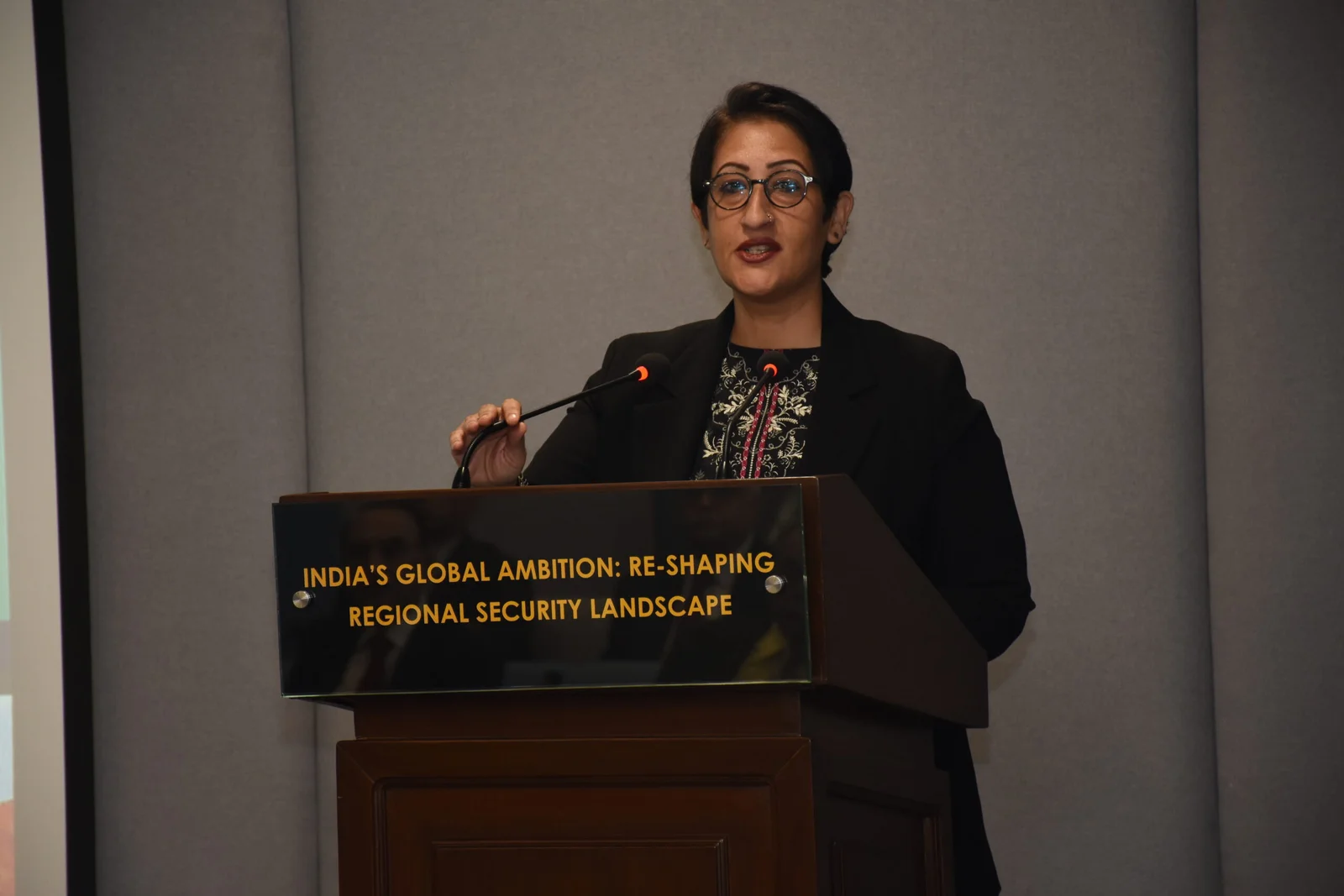
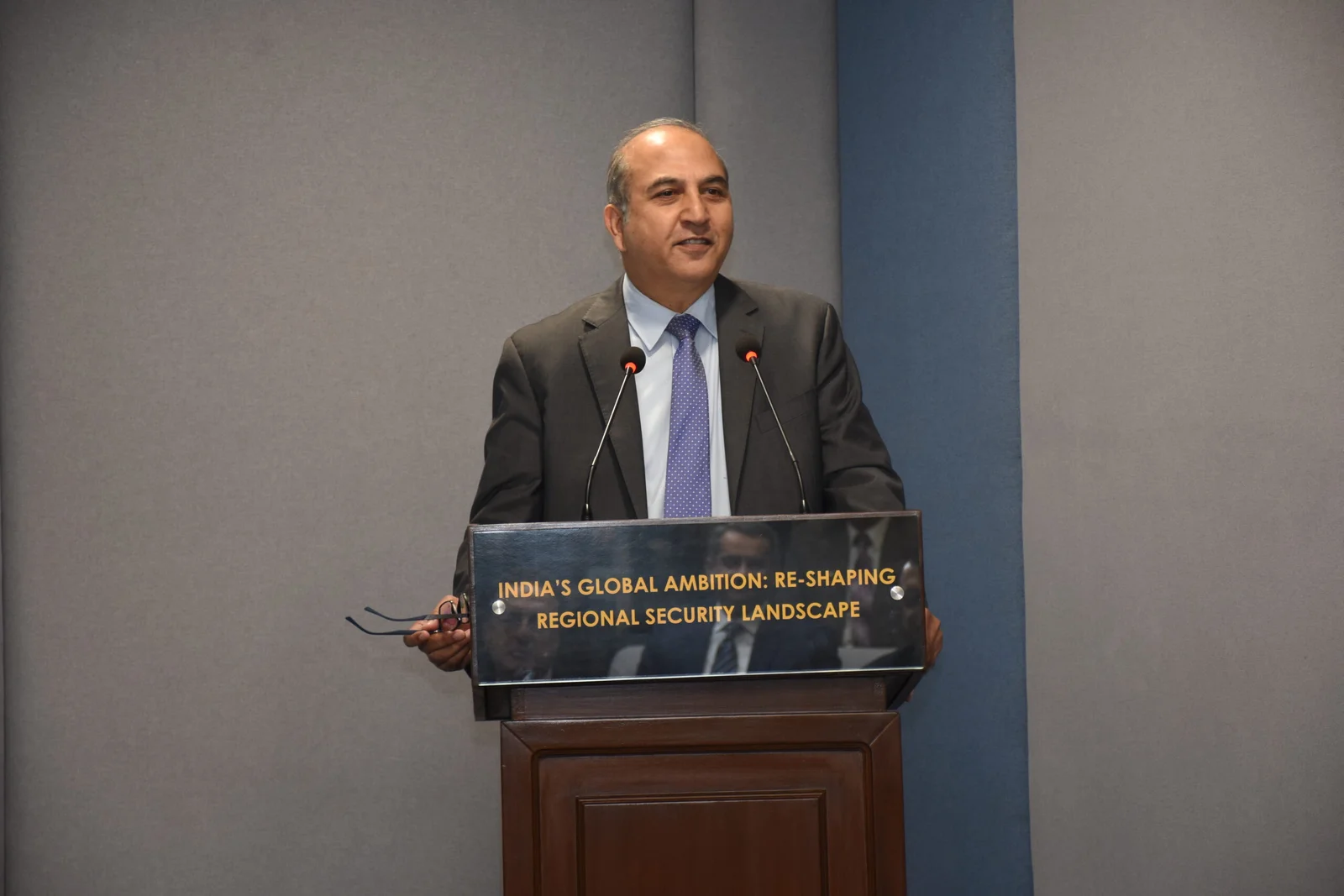
Dr Adil Sultan
Dean FASS, Air University Islamabad
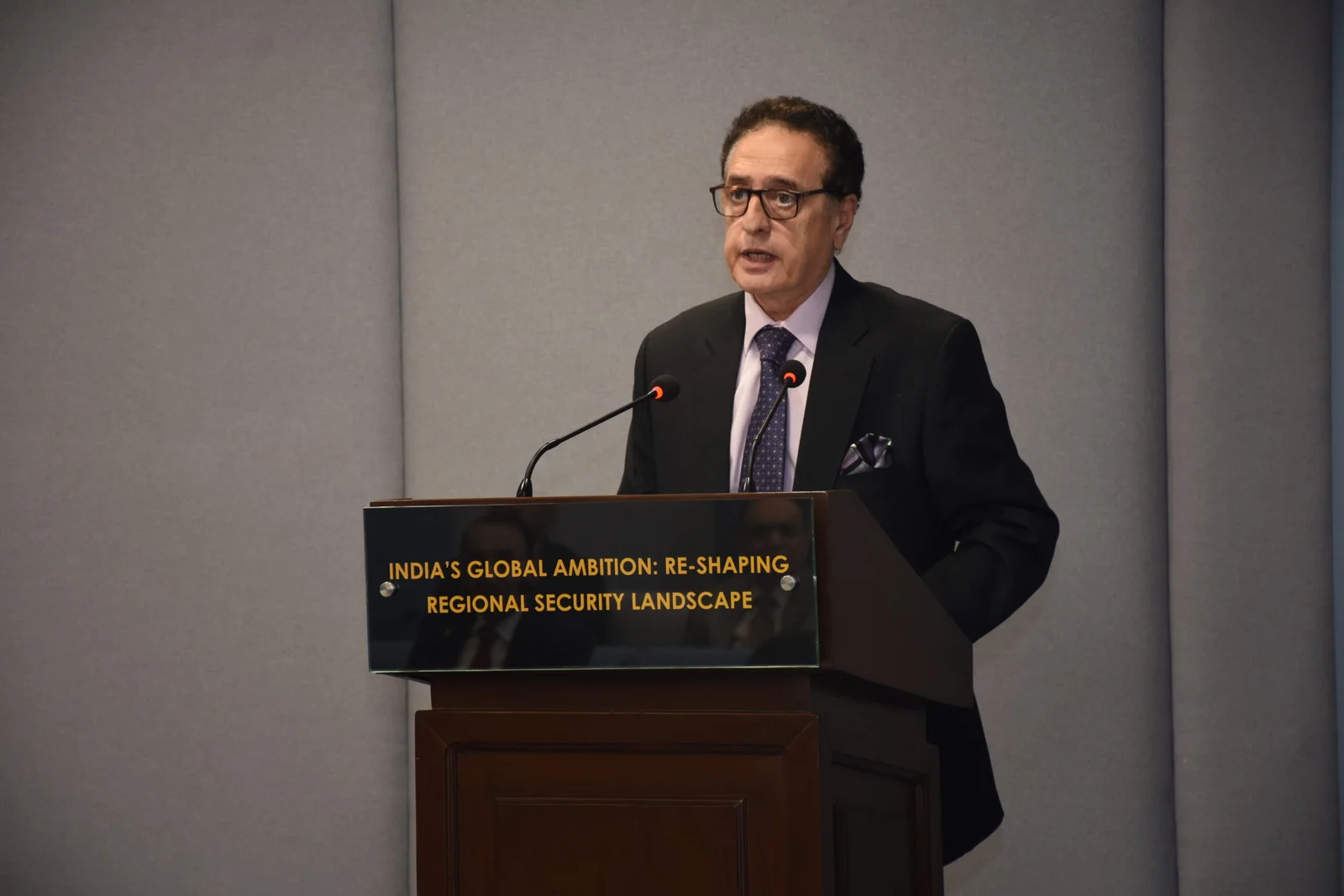
Event Chair
Air Marshal Asim Suleiman (Retd)
President, CASS, Lahore
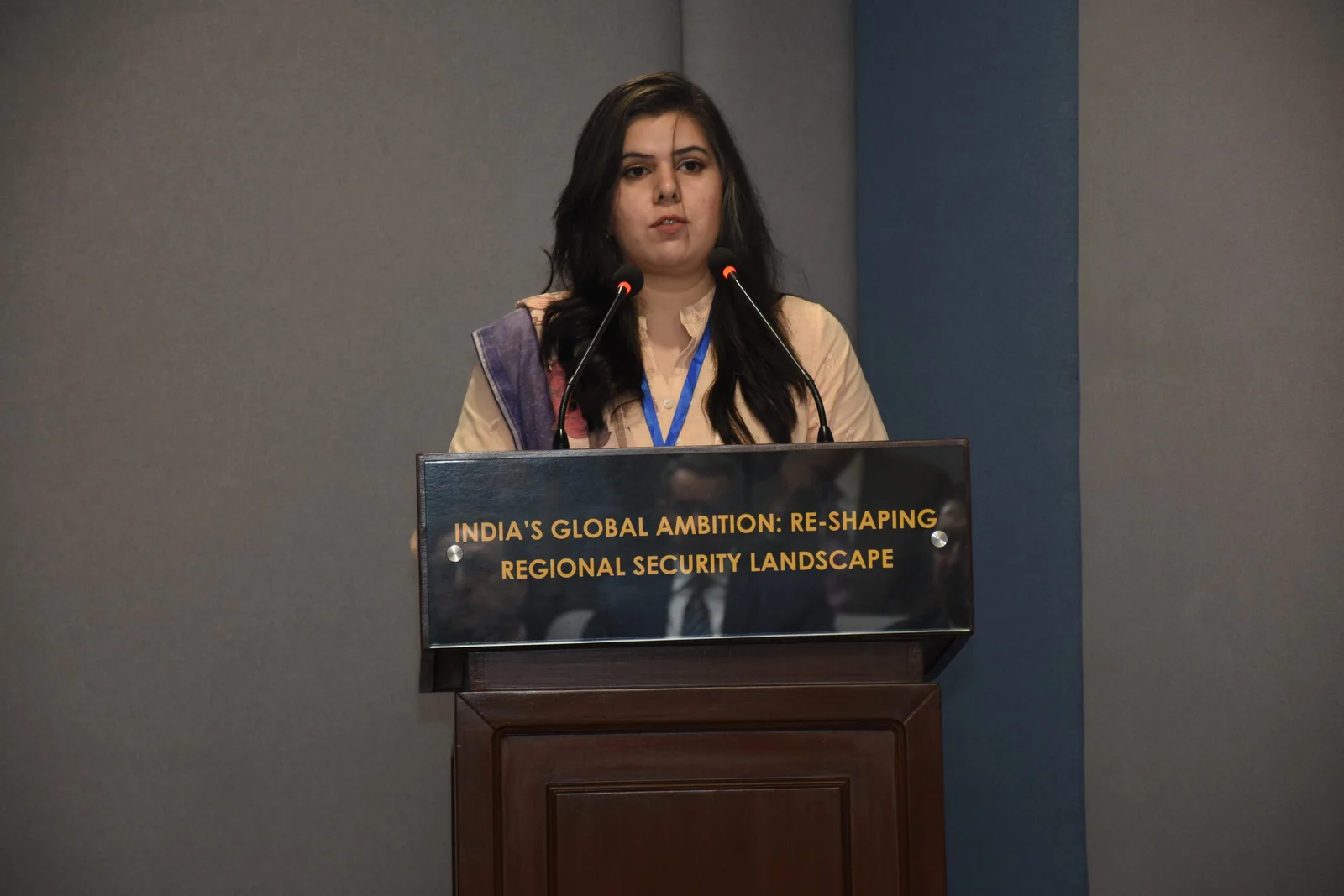
Event Coordinator
Nidaa Shahid
Senior Researcher, CASS Lahore
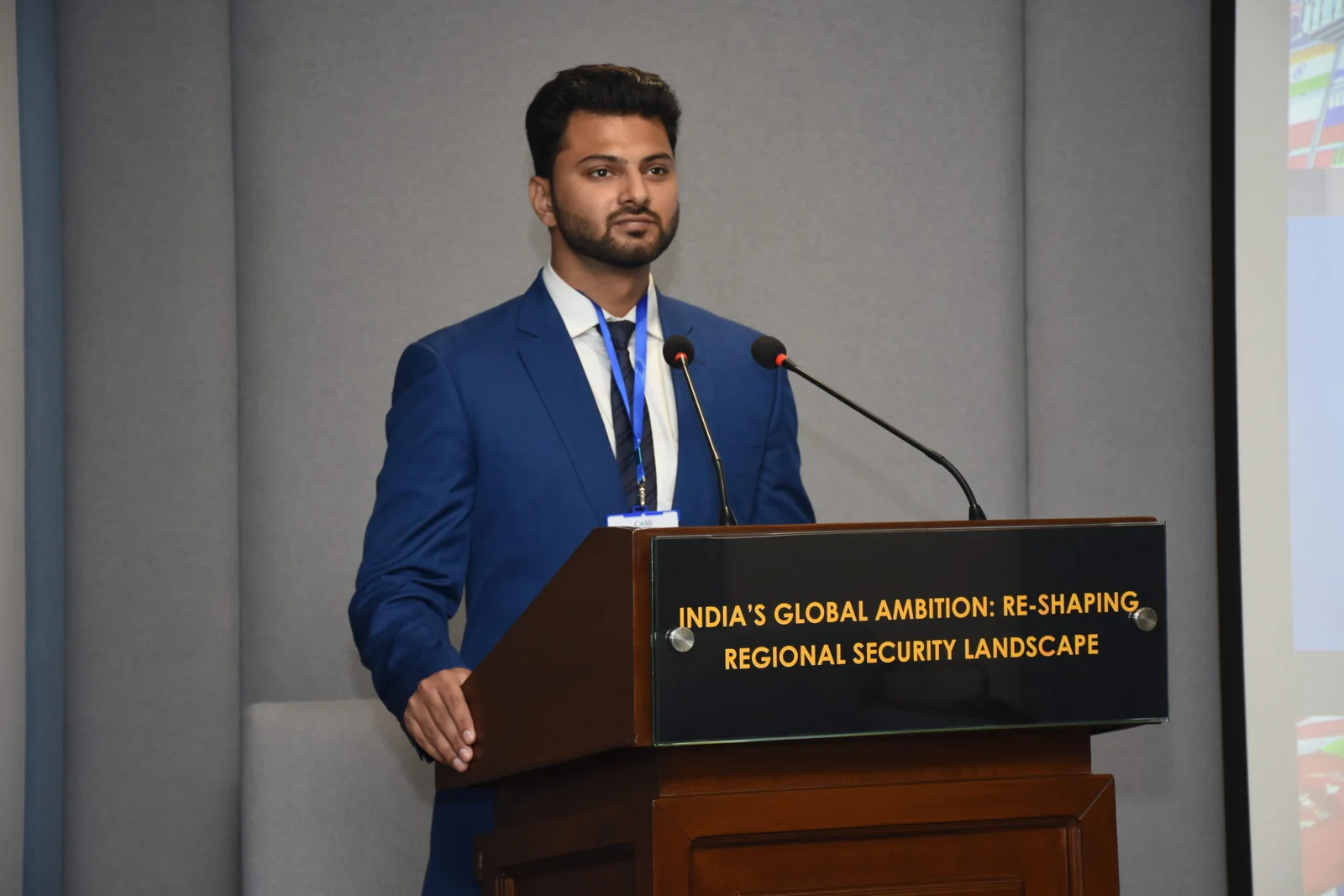
Master of The Ceremony
Mustafa Bilal
Researcher, CASS Lahore
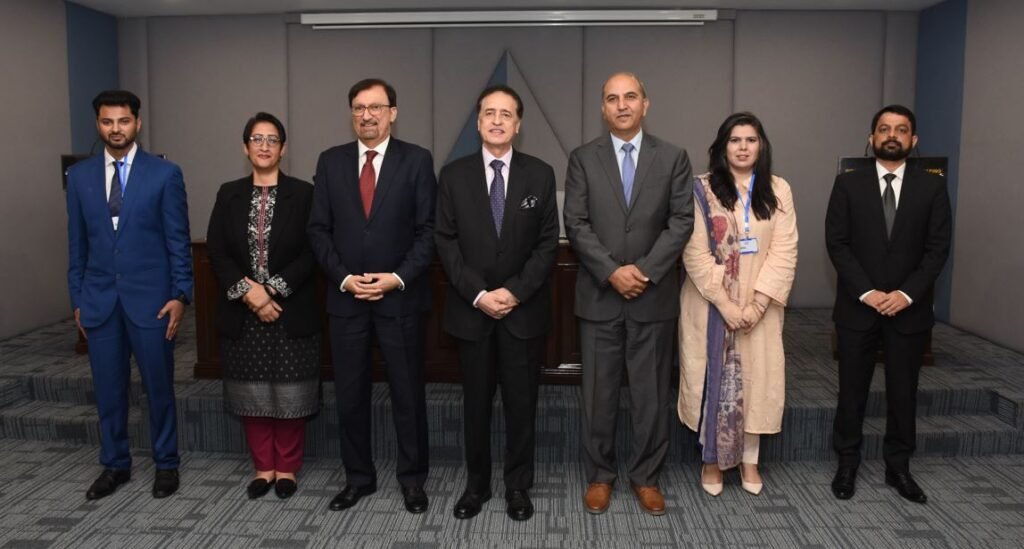
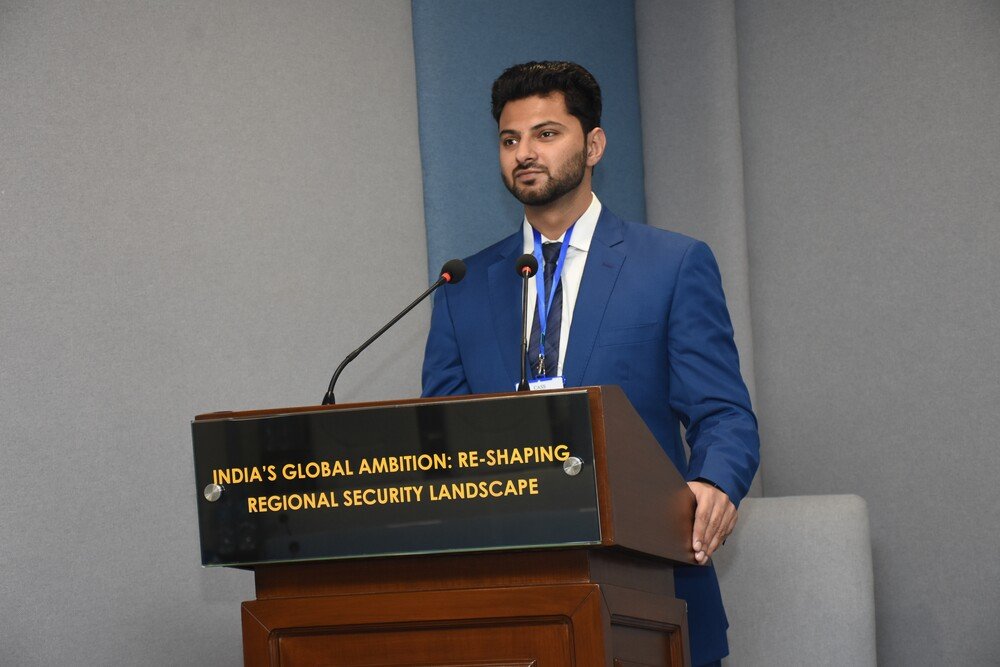
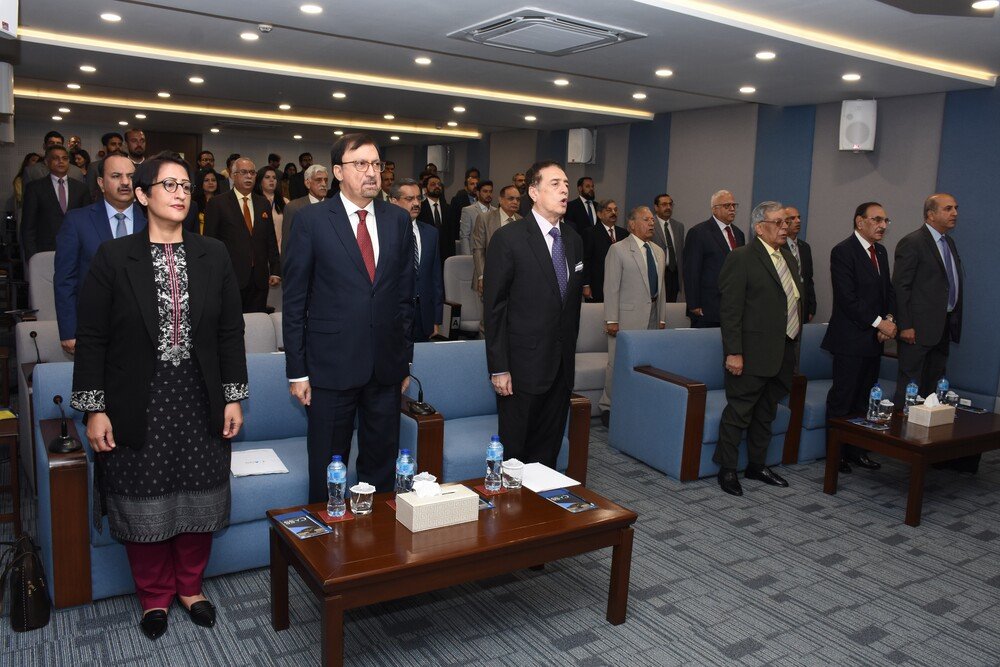
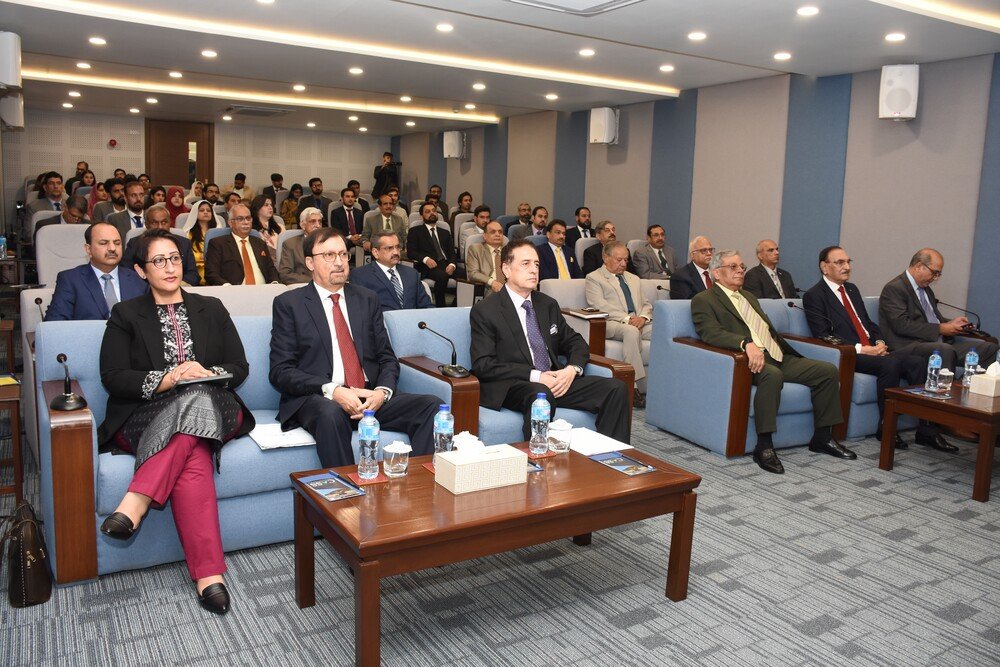
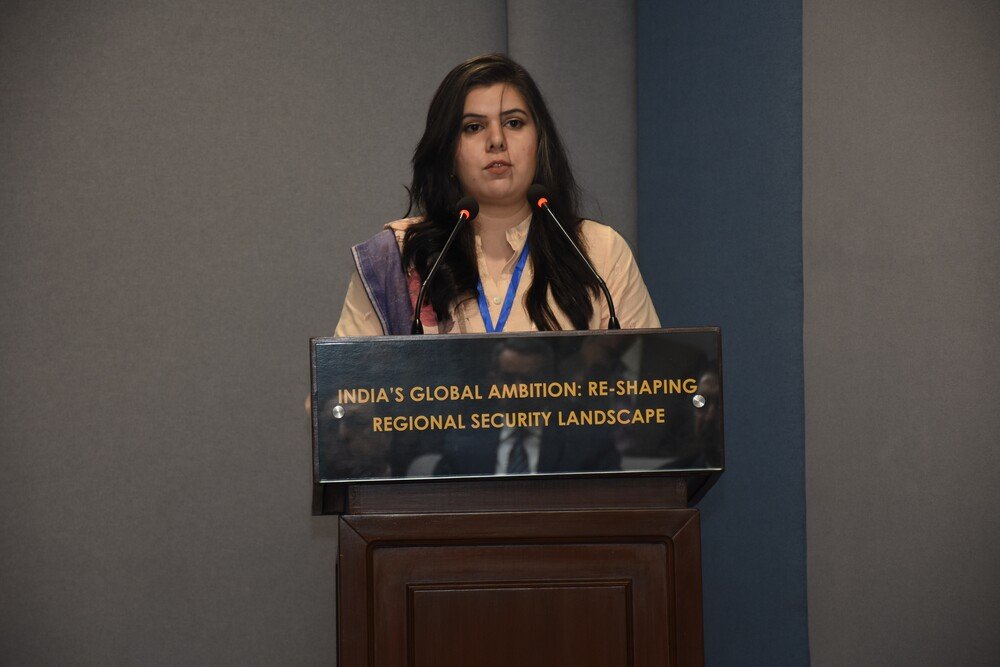
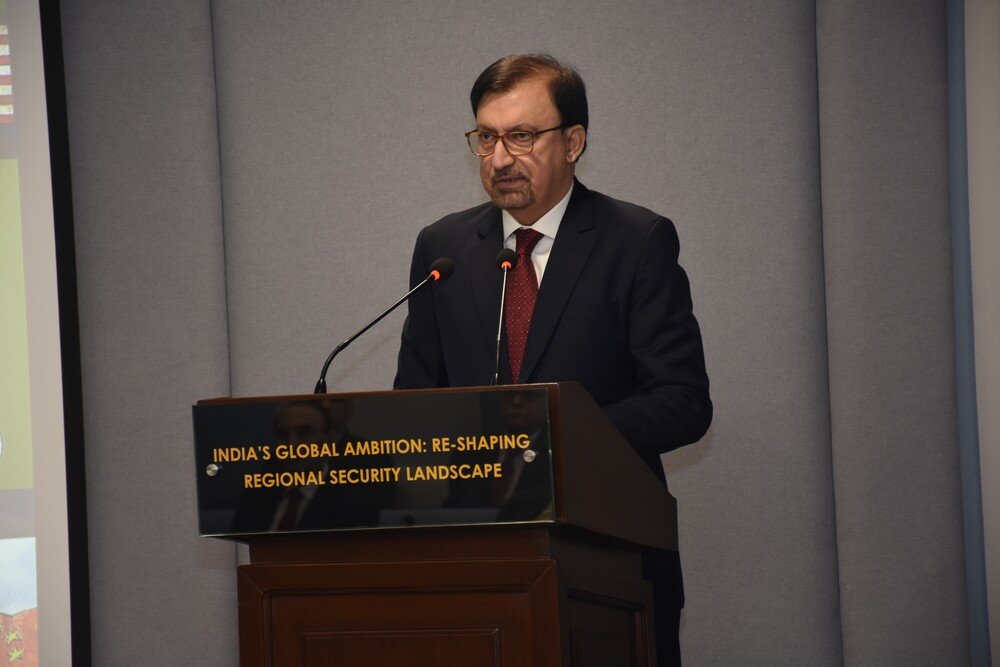
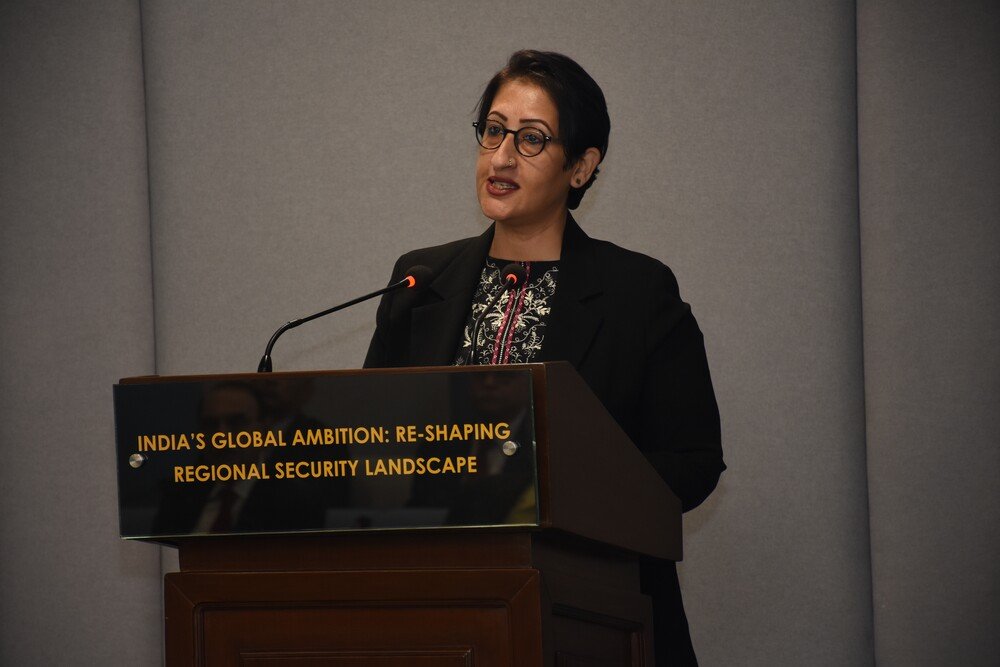
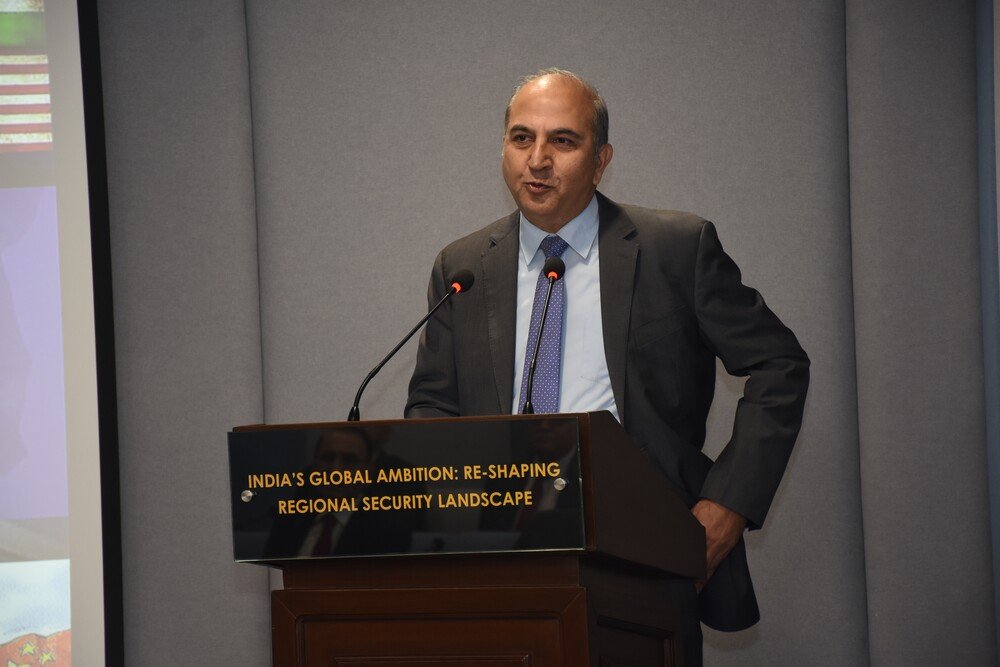
CASS LAhore

The Centre for Aerospace & Security Studies (CASS) was established in July 2021 to inform policymakers and the public about issues related to aerospace and security from an independent, non-partisan and future-centric analytical lens.
CASS Newsletter

@2025 – All Right Reserved with CASS Lahore.
- Home
- About Us
- Research Domains
- Publications
- Events
- Gallery
- Contact Us
@2021 - All Right Reserved. Designed and Developed by PenciDesign



